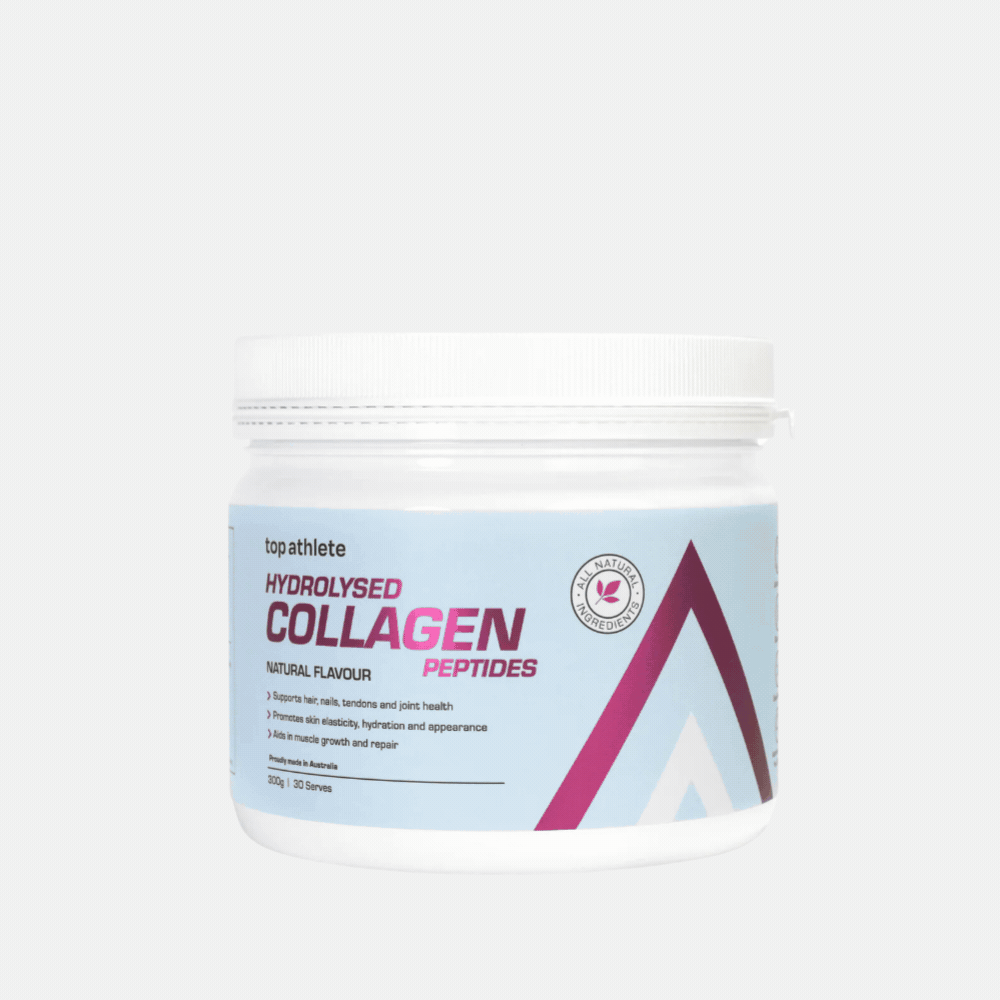Here's what the current scientific understanding says about creatine and its relationship with the kidneys:
-
Kidney Function in Healthy Individuals: Numerous studies have investigated the effects of short-term creatine supplementation on kidney function in healthy individuals, and the evidence suggests that creatine does not cause any significant adverse effects on kidney function in healthy people.
-
Pre-existing Kidney Conditions: Individuals with pre-existing kidney conditions, such as chronic kidney disease (CKD), should exercise caution when considering creatine supplementation. In such cases, creatine consumption may potentially worsen kidney function or cause additional strain on the kidneys. Therefore, if you have kidney issues or concerns, it is essential to consult with a healthcare professional before using creatine as a supplement.
-
Proper Hydration: Staying well-hydrated is crucial for those taking creatine supplements, as it can help reduce the concentration of creatinine in the blood and may alleviate potential stress on the kidneys.
- Dosage and Duration: The safety of creatine supplementation largely depends on the dosage and duration of use. Most studies have examined the effects of short-term creatine supplementation (typically up to several months), and data on long-term use are more limited. It is advisable to follow the recommended dosage guidelines and avoid exceeding the suggested usage period.



